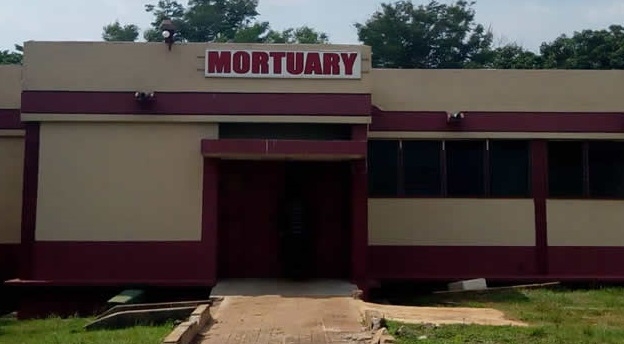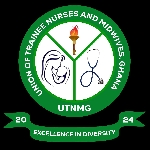MOFFA to conduct first licensure exams for Ghana's death care industry
 Mortuary facility
Mortuary facility
The Mortuaries and Funeral Facility Agency (MOFFA), Ghana’s regulatory body for the “death care industry,” is set to hold its first practical licensure examination by the end of the year.
This milestone marks a significant step towards streamlining the operations of funeral homes and related facilities across the country.
The exams will determine which operators qualify for an official operational license, a legal requirement for running death care businesses.
Currently, no private or government-owned funeral home in Ghana holds a valid operational license, a situation that MOFFA seeks to address through this initiative.
To equip operators with the necessary knowledge and skills, MOFFA has established a training school at Pentecost University in Accra.
Discussions are underway to partner with other universities to expand training opportunities.
Graduates of these programmes will need to demonstrate both practical expertise and minimal academic knowledge as part of their qualification process.
MOFFA’s efforts are backed by the Health Institutions and Facilities Act (Act 829), passed in 2011 but only operationalized in 2019.
The agency is responsible for licensing, controlling, and regulating facilities involved in the storage, transportation, and disposal of human remains, including bodies of deceased persons, stillborns, and surgically removed body parts.
Speaking at an event in Accra to disseminate inspection tools for death care operators, MOFFA Registrar Dr. Yaw Twerefour revealed that the agency’s database captured only 17 facilities in 2022.
This number increased to 125 in 2023, but he noted that the actual number of operating facilities is significantly higher.
To ensure compliance, a team of experts, including pathologists and doctors, have developed globally accepted standards for the industry.
Certified MOFFA officers have begun distributing these tools to funeral homes nationwide.
Dr. Twerefour explained the inspection process, stating:
“The inspection is where a facility, having successfully gone through the registration process, submits itself for assessors from the Agency or its representatives to visit and check if the facility can be judged as ready to operate or can continue to operate if it is a pre-existing facility.”
Facilities that fail to meet MOFFA’s standards will be given two months to address deficiencies or negotiate a compliance timeline.
Failure to comply could result in shutdowns.
MOFFA’s efforts include training specialists such as pathologists and eradicating unqualified operators from the industry.
Additionally, the agency is collaborating with Korle Bu Teaching Hospital to construct a 1,000-capacity mortuary under a build-operate-transfer agreement with a private entity.
MOFFA Lead Investigator Emmanuel Okyere outlined several requirements for facilities to gain operational approval, including establishing advisory boards, strategic plans, waste disposal programmes, and protocols for disease control.
Facilities must also vaccinate staff against diseases like COVID-19.
Dr. Twerefour emphasized the agency’s commitment to ensuring compliance while giving facilities adequate time to align with new regulations:
“Because of the long period of compliance absence, we are prepared to give adequate time for all to come on board, after which we will begin to bite.”
Source: Classfmonline.com/Cecil Mensah
Trending News

Cybersecurity Authority led arrest of ‘Abu Trica’ in a multi-million dollar romance scam
13:39
President Mahama requests withdrawal of private member’s bill seeking to repeal OSP Act
14:47
COVID Health Recovery Levy Repeal Act: President Mahama abolishes 1% levy
17:40
Ghana Armed Forces to conduct joint show of force exercise
15:09
Abidjan sees major gathering of African leaders as President Alhassan Ouattara sworn in for new term
19:09
UTNMG demands fair treatment for unregistered students at Bolgatanga Nurses’ Training College
13:12
E/R: Suhum Municipal Assembly supports PWDs with income-enhancing items to promote economic independence
13:12
Minority slams 'premature and unconstitutional' move to declare Kpandai seat vacant
15:38
Kpandai controversy: Minority says EC notification was premature and unlawful, calls for withdrawal
15:07
New utility tariffs unjustifiable, minority demands withdrawal
16:45



